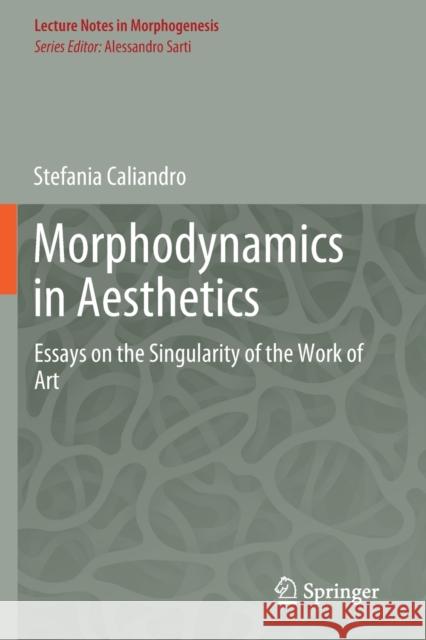Morphodynamics in Aesthetics: Essays on the Singularity of the Work of Art » książka
topmenu
Morphodynamics in Aesthetics: Essays on the Singularity of the Work of Art
ISBN-13: 9783030296339 / Angielski / Miękka / 2021 / 137 str.
Morphodynamics in Aesthetics: Essays on the Singularity of the Work of Art
ISBN-13: 9783030296339 / Angielski / Miękka / 2021 / 137 str.
cena 201,72 zł
(netto: 192,11 VAT: 5%)
Najniższa cena z 30 dni: 192,74 zł
(netto: 192,11 VAT: 5%)
Najniższa cena z 30 dni: 192,74 zł
Termin realizacji zamówienia:
ok. 22 dni roboczych
Bez gwarancji dostawy przed świętami
ok. 22 dni roboczych
Bez gwarancji dostawy przed świętami
Darmowa dostawa!
Kategorie BISAC:
Wydawca:
Springer
Seria wydawnicza:
Język:
Angielski
ISBN-13:
9783030296339
Rok wydania:
2021
Wydanie:
2019
Numer serii:
000463347
Ilość stron:
137
Waga:
0.22 kg
Wymiary:
23.39 x 15.6 x 0.81
Oprawa:
Miękka
Wolumenów:
01
Dodatkowe informacje:
Wydanie ilustrowane











